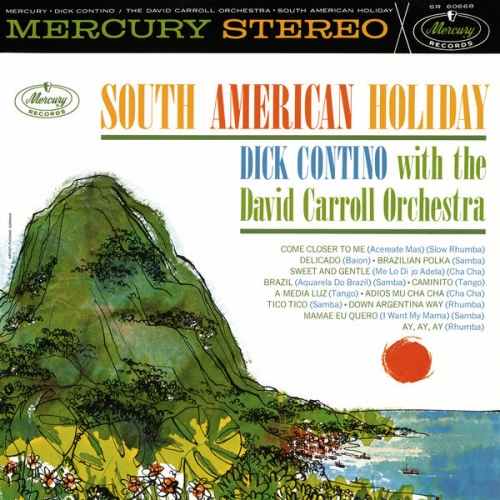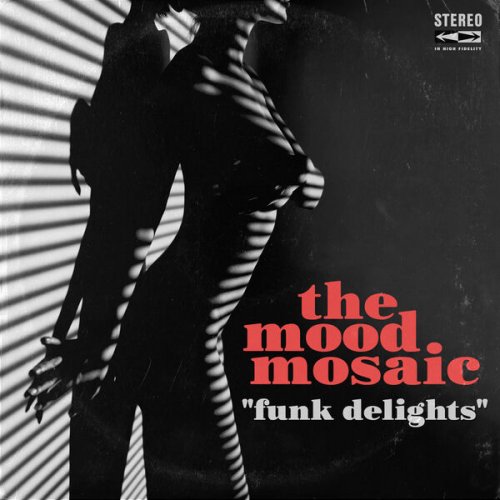Delitiae Musicae & Marco Longhini - Monteverdi: Madrigals Book 5 (2006)
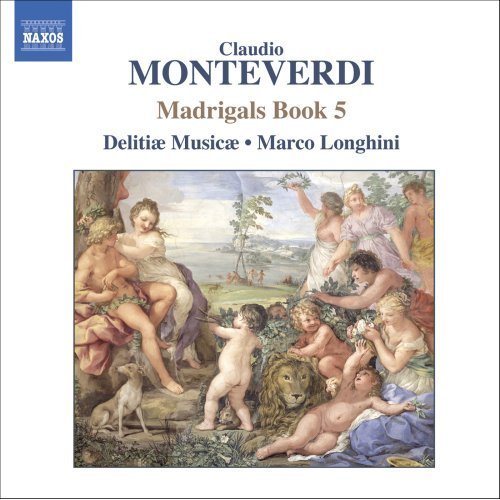
Artist: Delitiae Musicae & Marco Longhini
Title: Monteverdi: Madrigals Book 5
Year Of Release: 2006
Label: Naxos
Genre: Classical
Quality: FLAC (image + .cue, log, booklet)
Total Time: 78:31 min
Total Size: 302 MB
WebSite: Album Preview
Tracklist:Title: Monteverdi: Madrigals Book 5
Year Of Release: 2006
Label: Naxos
Genre: Classical
Quality: FLAC (image + .cue, log, booklet)
Total Time: 78:31 min
Total Size: 302 MB
WebSite: Album Preview
01. Madrigals, Book 5, for 5 voices, SV 94-106: Cruda Amarilli
02. Madrigals, Book 5, for 5 voices, SV 94-106: O Mirtillo
03. Madrigals, Book 5, for 5 voices, SV 94-106: Era l'anima mia
04. Madrigals, Book 5, for 5 voices, SV 94-106: Ecco, Silvio, colei
05. Madrigals, Book 5, for 5 voices, SV 94-106: Dorinda, ah, diro mia
06. Madrigals, Book 5, for 5 voices, SV 94-106: Ecco, piegando le genocchie
07. Madrigals, Book 5, for 5 voices, SV 94-106: Ferir quel petto, Silvio?
08. Madrigals, Book 5, for 5 voices, SV 94-106: Ch'io t'ami
09. Madrigals, Book 5, for 5 voices, SV 94-106: Deh, bella e cara
10. Madrigals, Book 5, for 5 voices, SV 94-106: Ahi, come a un vago sol
11. Madrigals, Book 5, for 5 voices, SV 94-106: Amor, se giusto sei
12. Madrigals, Book 5, for 5 voices, SV 94-106: T'amo, mia vita
13. Madrigals, Book 5, for 5 voices, SV 94-106: Questi vaghi concenti
Monteverdi (1567-1643) was regarded as an innovator by some, a violator of tradition by others. His Fifth Book of Madrigals, published in 1605, bears the subtitle "La seconda prattica," (in the composer's words: "Second Practice, or the Perfection of Modern Music"). It was very successful, but one reactionary critic described it as "the imperfection of modern music." Indeed this volume introduced a change into the texture, form, and expressive content of the madrigal, making the "rhetoric (the words) the mistress of harmony, not its handmaiden." To do this, Monteverdi used all available musical means, enlarging the customary complement of five voices, dividing them into solos, duets and trios, and adding instruments functioning both supportively and autonomously. The 19 madrigals recorded here are all on the theme of unrequited love. They include one cycle of three and one of five songs; each constitutes a veritable operatic scene, with the rejected lovers engaging in passionate pleading and anguished lamentation. The music is meltingly, heart-breakingly beautiful. Ranging from dark and somber, intense and ardent to lively, agitated and buoyant, its emotional impact is direct and immediate; even the complex counterpoint serves an expressive purpose. The instruments underline and comment on mood and character and provide improvisatory connections between songs and sections. True to its name, Delitiae Musicae, an all-male vocal ensemble with period instruments, gives a delightful, multi-faceted performance. The sound has both clarity and substance; the voices, virtually unvibrated, are pure, flexible, full of color and variety; every musical line and emotional nuance comes out. -- Edith Eisler
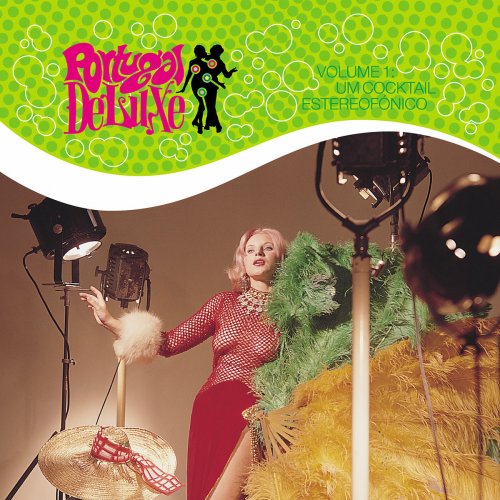

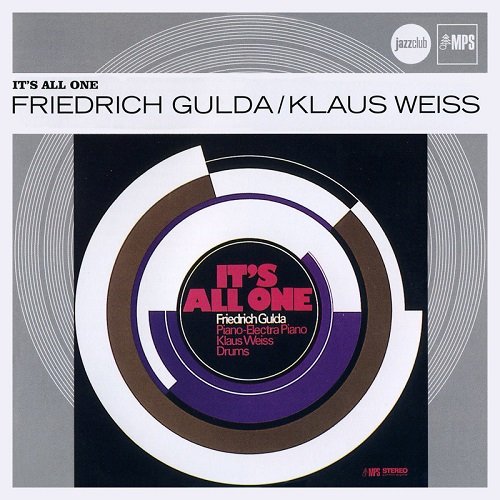
![Julius Hemphill - The Boyé Multi-National Crusade for Harmony (2021) [7CD Box Set] Julius Hemphill - The Boyé Multi-National Crusade for Harmony (2021) [7CD Box Set]](https://www.dibpic.com/uploads/posts/2026-01/1767561202_cover.jpg)
